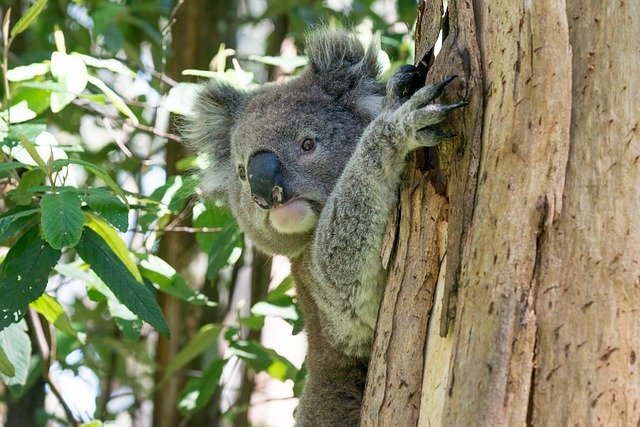When we stop seeing ourselves as powerless individuals and consider ourselves part of a collective, we can tackle the climate crisis, says Professor Tom Oliver in a recent post for…Read More >
Environment
Think you’re an individual? Here are seven reasons why you’re not
Reading ecologist Professor Tom Oliver has written a new book, The Self Delusion, which explores how people, animals, plants and the planet we live on are all intimately connected –…Read More >
London just broke a 300-year-old weather record – but you probably didn’t even notice it
A London weather record was broken recently making for an exceptionally crisp, clear winter day – but you probably didn’t notice it, explains Professor Stephen Burt in a recent post…Read More >
REF is coming – grab every chance to promote your research
As 2020 begins, the the Research Excellence Framework submission date is on the horizon. Professor Parveen Yaqoob, Pro-Vice Chancellor for Research, outlines how to make use of every available opportunity…Read More >
Climate change: six positive news stories from 2019
Extreme weather events may be becoming more frequent, but at least we’re getting better at forecasting them. Professor Hannah Cloke contributes to a round-up of some good news stories about…Read More >
Our most popular papers of 2019
Which Reading research publications got the most attention across the globe in 2019? We’ve scoured Altmetric data to bring you the top ten most talked about Reading-authored papers of the…Read More >
Uncovering the full picture of the UK’s food poverty issue
An estimated 8.4 million people in the UK struggle to get enough to eat and rely on food hand-outs, according to the UN. Volunteering at a community kitchen inspired PhD…Read More >
How to design a forest fit to heal the planet
Reforestation is an important part of tackling climate change, and if done well, it can support biodiversity and human wellbeing too, says the Walker Institute’s Dr Heather Plumpton in a…Read More >
About drought
Given recent floods in Yorkshire you might think that drought isn’t a worry for the UK – but even during extreme wet weather we must conserve water. So concluded the…Read More >

